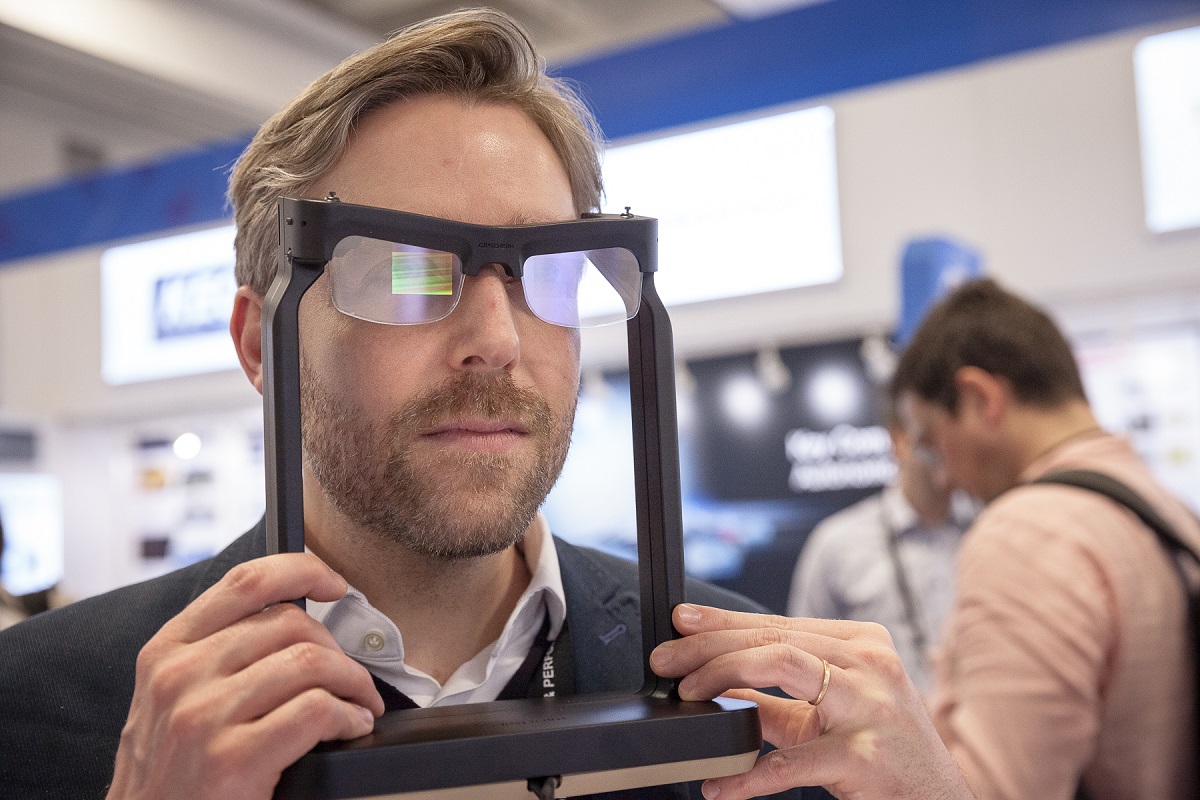Cities join photonics development – synergy support for companies for research and internationalisation

Photonics in the 2000s is a technological revolution on a par with electronics in the 1900s. The field is being developed all over Finland, which requires the improvement of synergies between operators.
In photonics, light is produced, manipulated and observed through various methods and areas of application, such as laser technology, lens technology, camera systems, and so on. There are countless potential applications. In everyday life, you may run into photonics in the form of optical fibres and solar cells.
Finland is one of Europe’s leading photonics innovators, with the most companies in the field relative to its population. Many innovations based on photonics offer solutions to global challenges.
“In Finland, companies and research institutes have good photonics networks and cooperation, but this is still not enough. We are missing cooperation between cities, which is needed for the more efficient use of infrastructure and attracting companies to Finland. Individually, the operators are too small, but on the scale of Finland as a country, we are extremely competitive,” says Development Manager Juha Purmonen from Business Joensuu.
Joensuu, Oulu, Espoo and Tampere have started to build a network that will support the synergies of companies, research and experts in the field, and improve national awareness.
There is photonics expertise in the forest bioeconomy in Joensuu, health technology in Oulu and circular economy in Tampere.
More investments in Finland
Business Joensuu is in charge of building the national cooperation network and developing joint communications. In addition, the to-do list includes making it easier to bring international investments to Finland.
“With the support of the city network, we can extensively offer all of the expertise in Finland to international companies,” says Purmonen.
The sharing of information is to be improved. To start off, a good 30 companies already operating in Finland will be interviewed.
“We have an idea of everything that needs to be done, but through the interviews, we are looking for confirmation and supplementation for our plans. We will utilise the Photonics Finland network and the Research Council of Finland’s eight-year PREIN flagship project,” says Purmonen.
The VTT Technical Research Centre of Finland Ltd is responsible for the roadmap for the utilisation of infrastructure between cities, which will support the product development and production needs of companies in the field.
Business Tampere is responsible for the development work of international networks. Joint messages about Finnish expertise will strengthen the country’s visibility and the awareness of growth companies.
According to Purmonen, the photonics city ecosystem is being conveniently built at the same time as the chip pilot between Finland and Europe.
“Chips Act operations are being developed in Espoo, Tampere, Oulu and Joensuu.”
Photonics is growing at a remarkable rate in Finland.
“The photonics city ecosystem lead project will ensure that this growth also continues.”
Photo: Photonics Finland, Tuukka Pakarinen
Photonics lead project
- Duration: 01.01.2023–31.03.2025
- Total cost: EUR 358,713
- Amount of ERDF and government funding: EUR 269,035
Contact information:
Juha Purmonen
Development Manager, Business Joensuu
juha.purmonen@photonics.fi
+358 (0)50 354 3832
Christina Liedert
Research Team Leader, VTT Oulu
christina.liedert@vtt.fi
+358 (0)40 513 3894
Mika Kolari
Senior Business Advisor, EU funding, Business Tampere
mika.kolari@businesstampere.com
+358 (0)40 505 7464
In 2022, InnoCities received EUR 2 million from the European Regional Development Fund for cross-regional lead themes. InnoCities carry out sustainable urban development in Finland in accordance with the EU’s policies.
Photonics is one of the lead themes of InnoCities. Thematic cooperation brings together the resources of different cities and promotes the sharing of good practices as well as international cooperation and investments. InnoCities support innovation and engage in the practical application of research and pilots. InnoCities exist in order to enable people, businesses and other organisations to develop, come together and brainstorm.
